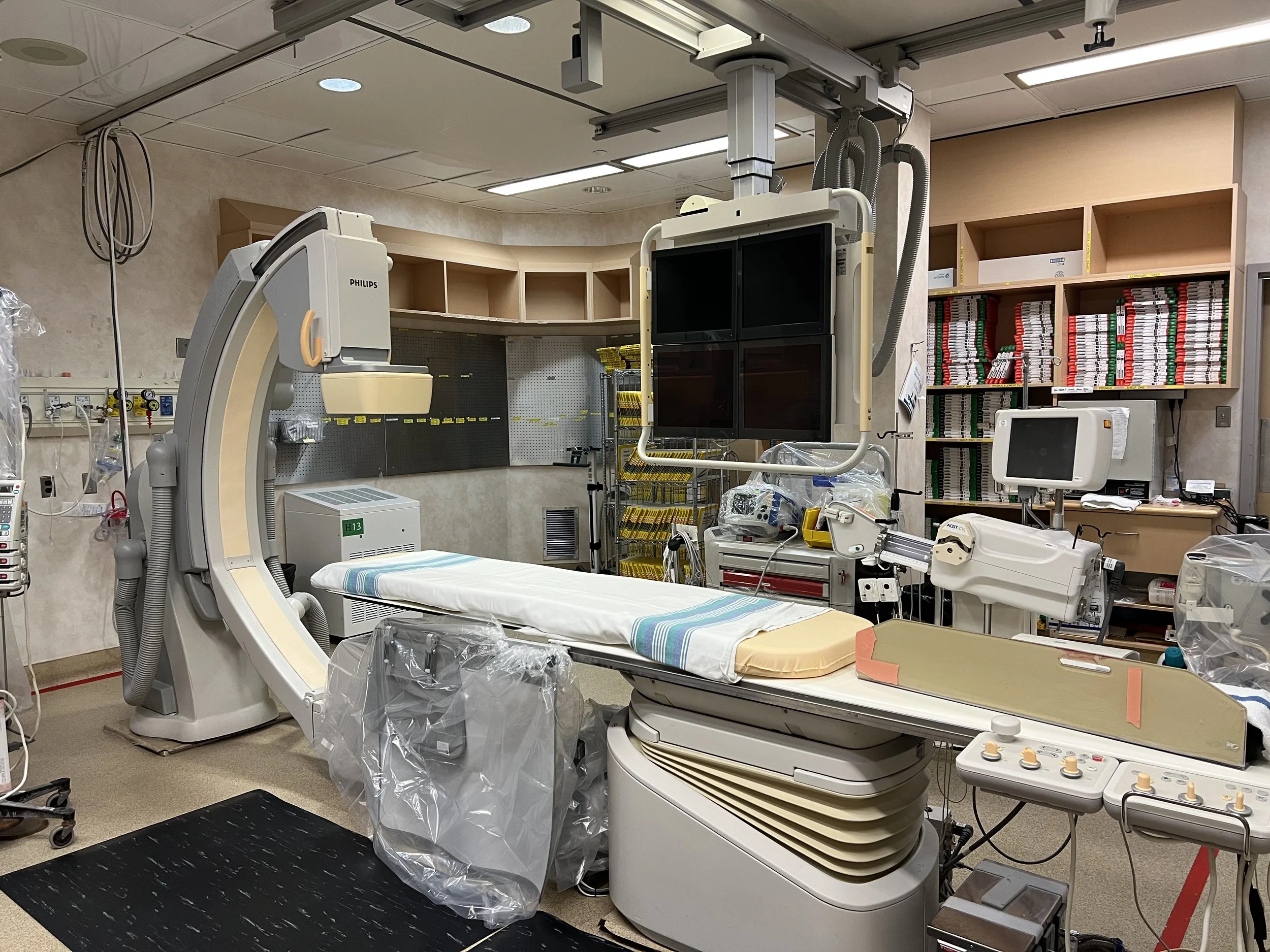Understanding Patient Delays (UPD) in Seeking Care for Heart Attacks
When it comes to heart attacks, time is muscle. While hospitals have improved the speed of treatment once patients arrive, delays from symptom onset to first medical contact (SO–FMC) has remained unchanged over the last decade.. Many patients wait hours before seeking care, putting their heart - and their lives - at greater risk.
The Understanding Patient Delays (UPD) project, led by the Manitoba ACS Network, surveyed patients admitted with acute coronary syndrome (ACS) to uncover why people hesitate to seek care. Among more than 200 participants, the average delay from symptom onset to FMC was nearly 9–10 hours. The most common reasons were misinterpreting symptoms as non-cardiac, believing they would resolve on their own, or fear of embarrassment if it turned out to be a “false alarm.” Importantly, patients who called 911 arrived much sooner, yet only about half chose to activate emergency services.
UPD also highlighted sex-specific differences in help-seeking behaviour. Women were more likely to misinterpret symptoms, while men more often delayed due to denial. Although most patients were aware of heart attack warning signs, very few recognized the urgency captured by the phrase “time is muscle.”
What’s Next
Our team is continuing to survey patients and collect data to obtain a diverse and comprehensive study population. We will be using these findings to design targeted public awareness campaigns that highlight early symptoms, stress the importance of calling 911, and address sex-specific differences in delay. By understanding patient behaviour, we can tailor education that motivates faster action.
How You Can Help
Your donation will support data collection, analysis, and public awareness materials to shorten patient delays. With your help, UPD can drive changes in behaviour so that when the next heart attack strikes, more Manitobans will act quickly - and more lives will be saved.




